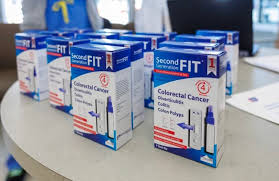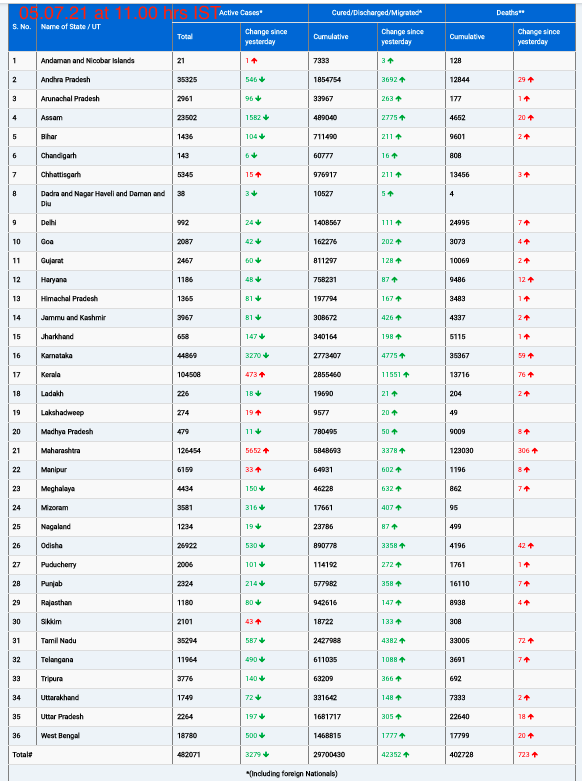A recent study published in JAMA Network Open reveals that an at-home colorectal cancer screening test is as effective as traditional colonoscopy in reducing the risk of colorectal cancer death. This noninvasive test, known as the fecal immunochemical test (FIT), has been shown to cut the risk of death from colorectal cancer by 33%.
The research, conducted by The Ohio State University Comprehensive Cancer Center — Arthur G. James Cancer Hospital and the Richard J. Solove Research Institute (OSUCCC — James) in collaboration with Kaiser Permanente, analyzed data from nearly 11,000 patients who underwent FIT screening between 2002 and 2017. Kaiser Permanente’s extensive at-home screening program, one of the largest in the U.S., played a key role in this study. The program aims to improve screening compliance and address racial disparities in colorectal cancer detection.
Dr. Chyke Doubeni, MD, MPH, the senior author of the study and chief equity officer at the Wexner Medical Center, highlighted the importance of accessible screening methods. “The right screening test is the one that gets done,” he said. “Although we have known for decades that colorectal cancer can be detected early through screening, only about 60% of Americans aged 45-75 are up to date with screening. By making screening more accessible through non-invasive methods like FIT, we can save many more lives.”
FIT involves collecting a stool sample at home and mailing it to a laboratory for analysis. It has been found to be as effective as undergoing a colonoscopy every ten years for individuals of average risk. However, Doubeni emphasizes that a positive FIT result should be followed up with a colonoscopy to confirm findings and address any issues.
The study also noted that FIT significantly reduced the risk of cancer on the left side of the colon and rectal cancers by 42%. Additionally, it was effective across various racial groups, including non-Hispanic Asian, non-Hispanic Black, and non-Hispanic White populations.
Dr. Douglas Corley, MD, PhD, a co-principal investigator and chief research officer at Kaiser Permanente Northern California, underscored the potential of FIT. “This study confirms that FIT is an effective tool for colorectal cancer screening,” he said. “Regular, annual use can lead to even greater reductions in cancer deaths over time.”
The Wexner Medical Center and OSUCCC — James have launched a pilot program to offer at-home colorectal cancer screening tests in primary care clinics. This initiative is part of a broader effort to increase screening rates.
According to the American Cancer Society, Black patients are 20% more likely to be diagnosed with colorectal cancer and 40% more likely to die from it compared to non-Hispanic White patients. Additionally, people in the Appalachian region face disproportionately high death rates from colorectal cancer.
The study’s findings are expected to encourage wider adoption of at-home testing methods and help bridge gaps in colorectal cancer screening.










